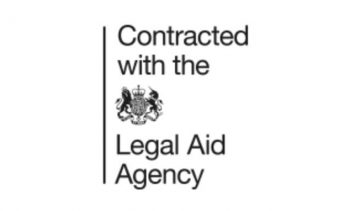Discretionary Housing Payment
- At our firm, we deal with many cases in which our client is dealing with being evicted from their property, mostly due to being in rent arrears.
- Many factors such as the benefit cap, the bedroom tax or local housing allowance may contribute to a person being in rent arrears, but in such instances, being proactive in clearing your rent arrears is far more productive than being reactive.
- That’s why you should search and seek Discretionary Housing Payment (DHP) once you have been made aware of your outstanding rent arrears.
Why you may be entitled to a payment of DHP:
- Paying your full rental payment is challenging
- You do not have enough funds to pay for your deposit or
- You do not have enough funds to pay the rent in advance for a new home, this may affect your chances of acquiring a new property
Who is entitled to DHP?
- One of the main things your council or local authority will be assessing and considering is if you are in receipt of universal credit for your housing or housing benefit
- You should be aware as to whether you receive universal credit or housing benefit, but if you are in doubt, people who are usually in receipt of universal credit and housing benefit are:
- 18 or over,
- Are on a low income,
- They have less than £16,000 in savings
How to apply for DHP
- To access DHP you must apply through your local council
- See the below links to direct you to the Government website, which will lead you to the link to apply to your local council
- https://www.gov.uk/government/publications/claiming-discretionary-housing-payments/claiming-discretionary-housing-payments
- https://www.gov.uk/find-local-council
What happens if DHP reject your claim and application?
- The council will consider the following factors when deciding a claim for DHP:
- The extent to which the applicant is facing the risk of being made homeless
- The negative impact that refusing the DHP could have on any children, any disabled member and anyone who has reached state pension age
- The income of non-dependants will be taken into account
- If DHP rejects your claim and application, you can instruct a solicitor or seek legal advice as seen in the below case, the options available could include seeking an appeal
- R (on the application of Halvai) v London Borough of Hammersmith and Fulham [2017] EWHC 802
Our Previous Post
How to solve it – Landlord and Tenant Dispute
No Fault Divorce – What you need to take into consideration and know
Extension of video-witness of Wills extended until 2020
The information given here is intended for general information purposes only and should not be taken as legal advice


